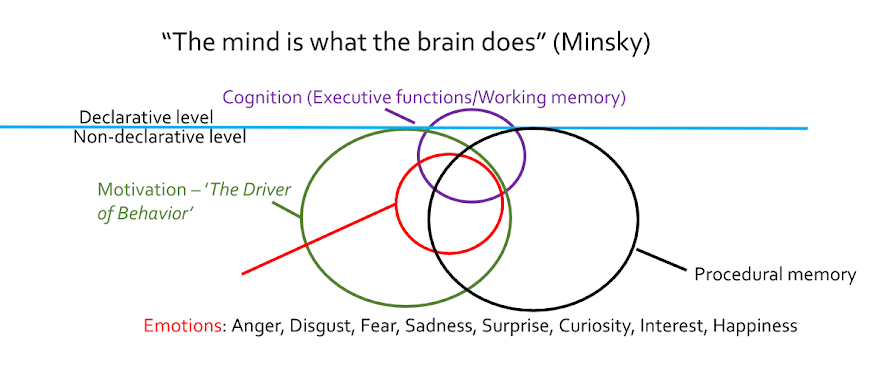Please support the blog via Swish (Sweden), MobilePay (Finland) or Wise.
Recently, Finnish media reported that the University of Helsingfors has seen a decline in the international ranking, from place 56 (2017) to place 92 (2023). The prediction was that UH would fall out of the top-100-list very soon.
"In the case of the University of Helsinki, we can therefore speak of an outright collapse" (Googlet translation from Uralic-finnish).Link to source.
A few days later Daily Finland reported:
Link to source.
The ranking take into account research. The implication is that research output from the university has declined.
Why?
There's of course no simple answer to that question. But there are several indicators.
Politicians have made strange decisions. One is to prioritize Uralic-Finnish over English.
The message to new researchers is to learn this very odd language that does not connect to any other germanic or latin language.
Why did the politicians make that decision?
Well, starting some time after the ending of the viking era (~1050), Finland went through a transition, from a sami-dominant culture to a Swedish domination culture, as a function of southern Finland being integrated into the then Swedish kingdom (Lamnidis et al. 2018).
The implication of that process was:
- that Finland got its first constitution.
- the founding of Helsingfors by king Gustav Vasa (1496 - 1560; 1550).
- enlightenment including universities by Queen Christina (1626-1689; 1640).
In 1808, Russia invaded fortress Sveaborg (1748 -), the then second largest "city" in the Eastern part of the kingdom. The commander, Cronstedt (1756 - 1820), surrendered. Finland came under Russian rule.
In order to alienate Finns from Sweden, a process to change the language started. For some reason they didn't chose Russian, but a language that had had no previous prevalence - Uralic-Finnish.
1810, the fennoman movement started.
1835, Lönnrot (1802-1884) published Kalevala, claiming that Finland's roots originate from the east, which is half-true.
1860, the true Finnish party was founded for the same purpose.
1910, Uralic-Finnish broke even, meaning half of the population spoke Uralic-Finnish.
2022, 47% of the Finns still spoke Swedish.
Uralic-Finnish is the language that the Finnish government wants people to believe is Finland indigenous language, which of course is a false claim.
For the same reason politicians decided that Uralic-Finnish should be the first language of University of Helsingfors.
All around the world, the lingua franca of the academy is English.
Between 2018 - 2021, I was assigned as a research-leader for a project at the University of Helsingfors.
During meetings, the dean at the faculty did the presentations in Uralic-Finnish. On request for English, she replied: - we are planning to present the power points in English.
When us foreign researchers arrived with our families, the government/the university didn't give the spouse the ability to work.
In one case, a spouse fit the profile for a professorship, but it was declined with no explanation given.
One other spouse was an animal pathologist, but was not assigned to the nearby veterinary clinic.
The couple chose to leave Finland for another university. One condition was that the university would help the spouse get a job. That was a no-issue. Both are now at that university.
Another issue is the management. Finland is very centralist. This was demonstrated during the Sars-Cov (2) outbreak.
Instead of assigning the experts to do the job, the prime minister and the Finnish government took charge to lock down Nyland county with led to horrible concequences.
Adding to that is the "new trend" of New Public Management (NPM). This gives managers authority over the research leaders, which turns out to be a really bad thing (Österberg, 2022).
During an interview in Helsingin Sanomat, a professor made the following comment:
"The current administrative model is very hierarchical: the rector and the deans decide on everything"(Kekkonen).Link to source
PPlease support the blog via Swish (Sweden), MobilePay (Finland) or Wise.
More about my expertise:
Executive coaching for CEOs/managers and workshops to facilitate Organizational Performance, Learning, and Creativity for Problem Solving | Lectures: Nutrition for physical and mental health | Course/lecture: children's emotional and social adjustment and cognitive development | Language training - Swedish | Academy Competency | CV | Teaching skills and experience | Summary of research project | Instagram | Linkedin | YouTube-channel | TikTok | Twitter


No comments:
Post a Comment